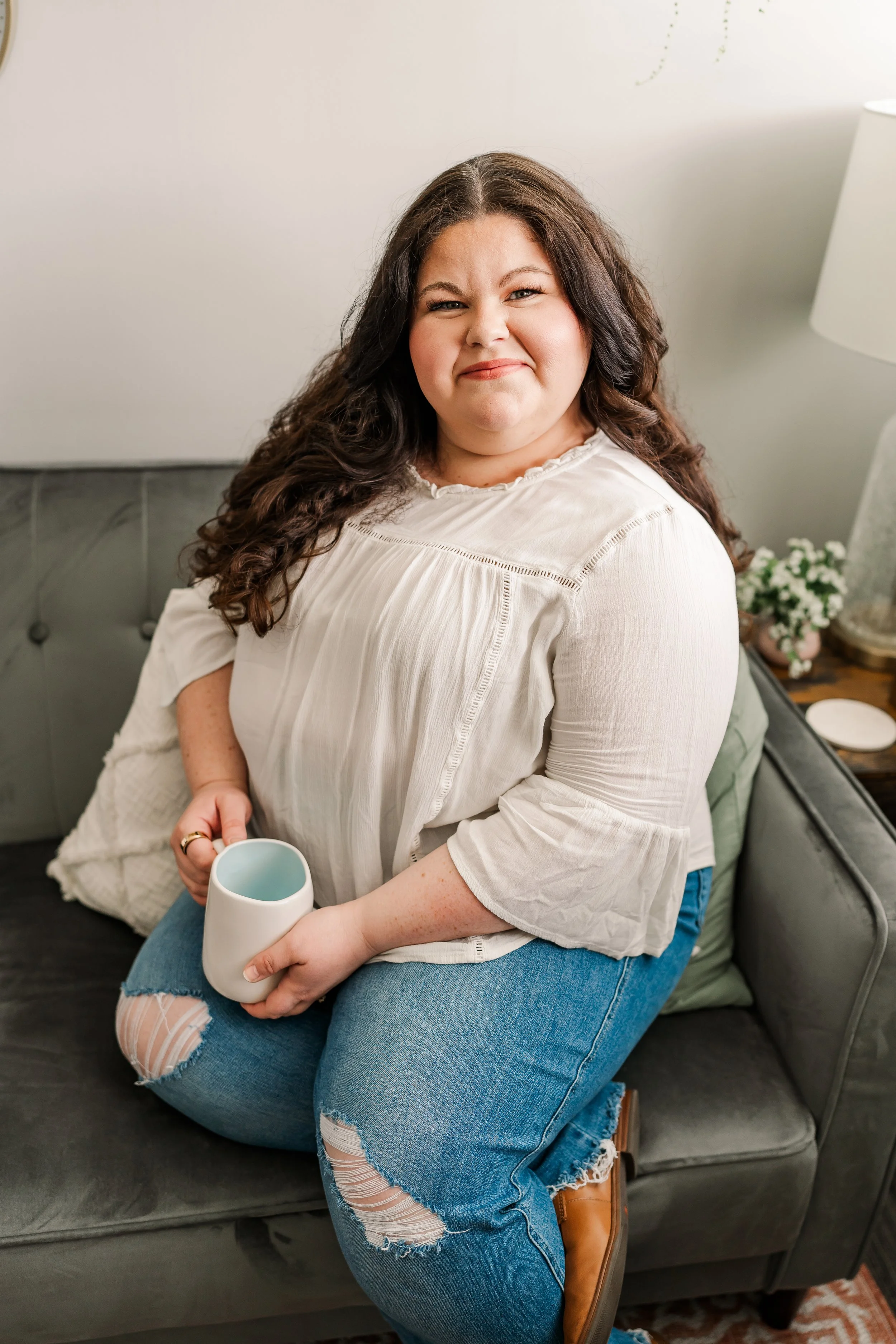How to Overcome Fear of Change This Fall
Fall is a season of transition. The air cools, the days shorten, and routines begin to shift. For many high-achieving women, this time of year brings both structure and stress—kids going back to school, work demands picking up, or simply the awareness that the year is winding down.
While change is a natural part of life, it doesn’t always feel that way. For women who tend to carry the mental load, manage everyone else’s needs, or strive for perfection, transitions can stir up anxiety and resistance. If you’ve ever found yourself clinging to routine or feeling uneasy as life shifts, you’re not alone. Understanding the fear of change is the first step toward facing it with confidence and compassion.
Why Change Feels So Hard
Our brains are wired to prefer what’s familiar—it feels safe. Even when routines are stressful, they’re predictable, and that predictability gives a sense of control. Change, on the other hand, introduces uncertainty. It asks you to step into the unknown, and for many women, especially those balancing high expectations and responsibilities, that uncertainty can feel overwhelming.
During seasonal transitions, this stress can intensify. The shorter days, shifting energy, and growing to-do lists can all amplify emotional fatigue. Coping with transitions in fall isn’t just about managing logistics—it’s about acknowledging the emotional impact of shifting rhythms and roles.
Recognizing Signs of Fear of Change
Fear of change doesn’t always look like panic—it often shows up in subtle ways. Common signs include:
Avoidance: Putting off decisions or delaying next steps, even ones you want to make.
Procrastination: Overthinking every option instead of taking action.
Irritability or fatigue: Feeling more tense, snappy, or drained than usual.
Control-seeking: Trying to micromanage situations or people to minimize uncertainty.
Self-doubt: Questioning whether you’re capable of handling what’s ahead.
These are not personal flaws—they’re protective responses. Your mind and body are simply trying to keep you safe. Recognizing these patterns is an act of self-awareness, not self-criticism.
Practical Strategies to Cope
While fear of change can feel paralyzing, it doesn’t have to define how you move through life’s seasons. Here are a few ways to support your mental health during seasonal change and build resilience through transitions:
Acknowledge What You’re Feeling
Naming your fears helps neutralize them. Instead of pushing discomfort away, notice it. Journaling or talking with a therapist can help you explore what’s beneath the fear.
Ground Yourself in the Present
Anxiety often lives in “what if.” Use grounding techniques—deep breathing, mindful walks, or sensory check-ins—to anchor yourself in the now.
Reframe the Unknown
Try to view uncertainty as possibility. Change often opens doors that routine keeps closed. Ask yourself: What might this transition make space for?
Simplify What You Can Control
You don’t have to overhaul your life to adapt to change. Small adjustments—decluttering your schedule, setting boundaries, or prioritizing rest—create steadiness when everything else feels in motion.
Seek Support Through Therapy
Working with a therapist can help you process fears, identify patterns, and create personalized coping strategies. Therapy offers space to pause, gain perspective, and build confidence in navigating the unknown.
Embrace Change as an Invitation to Grow
Change doesn’t have to be something to fear. It can be a powerful opportunity to reconnect with yourself—to release what no longer fits and create space for what’s next.
If you’re feeling the weight of transitions this fall, therapy can help you move through them with clarity, courage, and self-compassion.
Schedule a consultation today to explore how therapy can support your journey through change—and help you embrace this season as a chance to grow, not just endure.
Jacqueline Campbell, MS, LMFT
Jacqueline Campbell is a Licensed Marriage & Family Therapist with a decade of experience supporting clients in the Chattanooga, TN area. She specializes in childhood trauma, relationship trauma, religious trauma, neurodivergence, and anxiety and uses evidence-based approaches like Accelerated Resolution Therapy, Brainspotting, and Neurofeedback to help clients heal the lingering trauma, resolve anxiety, recover from burnout, and find balance, fulfillment, and authenticity in their life and relationships. At Wild Oaks Counseling, she is committed to providing compassionate, expert care both in-person and online for clients across Tennessee, Colorado, and Florida.



